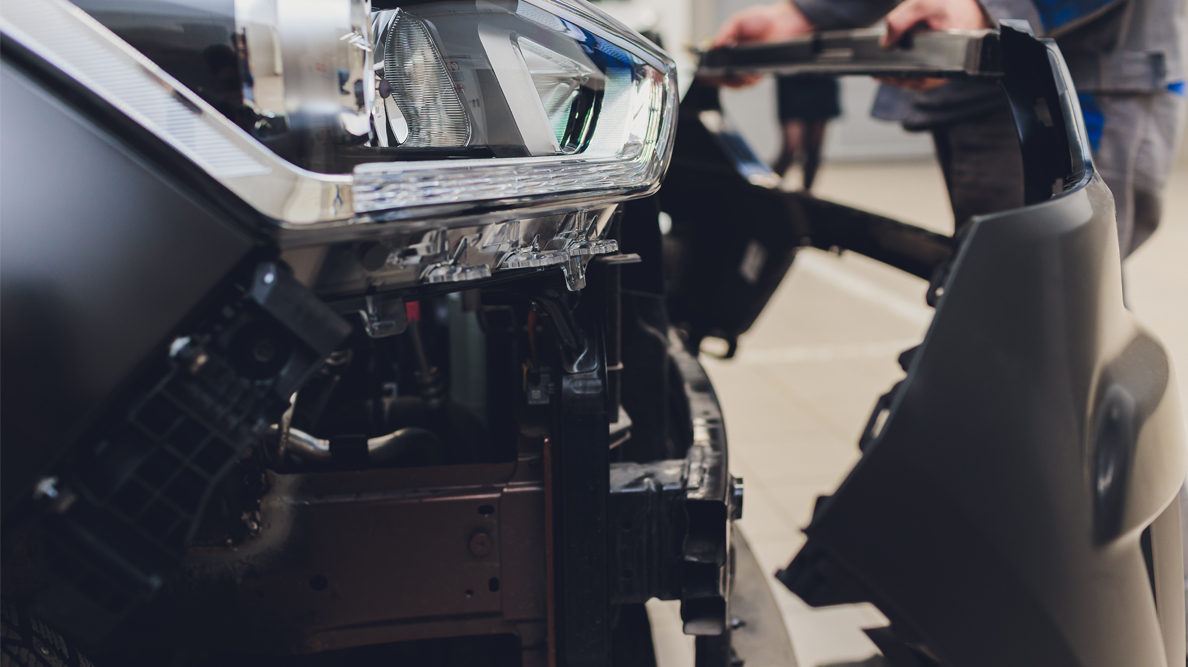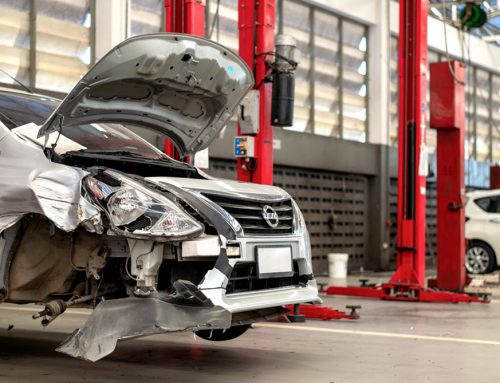Every time your local pizza place decides to reinvent the wheel and add a new pizza to the menu for a limited edition, it’s likely that this menu item will be one of the least profitable. Employees will need to be trained, new elements added to their production chain, the logistics chain will need to be adjusted, etc. Selling pepperoni & cheese pizza, for example, that’s profitable. It’s not much different in the collision shop.
Hi, this is Alex from Progi. Today, I’d like to explain why specializing is one of the paths to achieving high performance in a workshop.
Specializing, Good for Your Profits
A recent study found that, in a sample of two hundred workshops located in a geographic area with similar characteristics, the average gross profit margin was 10% higher in favour of specialized workshops. Why? Because making pepperoni & cheese pizza is more profitable. If we only work on Honda vehicles, our employees become faster, gain more expertise in solving brand-specific problems, and our supply chains remain consistent. It’s just faster and more profitable to do the same thing when possible in the market.
For workshops connected to a dealership: if you can do the exercise, excluding the parts, what is the profit margin of a repair from your dealer partner compared to a repair from another brand for the same number of hours? I’m pretty sure you’ll find the results interesting if your dealership sends you a lot of work.
Specializing, Good for Your Workforce
If you have a continuous referral flow for your brands, your employees are now much easier to train. The production patterns will repeat, and it may even become an attraction factor for the workforce. In your workshop, you don’t have to overthink; you do what you’re good at.
Caution
The benefits of a certification are not the same in all environments. If you’re in a remote area, you must be careful about the critical mass of customers. Even with excellent referrals, there may not be enough customers to justify specializing your operation. This is an important consideration. You can also observe the competition and the number of potential customers in a given area. Make sure you can attract enough attention to make it an operationally significant factor. This decision should not be made lightly. Sometimes, and often, depending on the case, to benefit from it or even consider the possibility, you need a strategy based on a grouping of brands.
Promoting Your Certifications
You worked hard to obtain your certifications. Display them. Be proud. Talk about them with your partners. It’s possible to share your certifications through certain estimation systems, and of course, ProgiSync.
You can directly activate the sharing of your certifications from your ProgiSync account. Ask us for a helping hand if you need. Insurance partners are increasingly fond of this, not to mention possible associations you can make with dealerships.
Be recognized. Ensure that your referrals attract the type of work you want in your workshop.
In the End, the Goal Is to Perform
In short, certified workshops generally perform better than non-certified workshops. This is a trend we’ve observed in recent years as certifications gain importance. Entrepreneurs and managers who pursue certifications are generally more focused on their performance and continuous improvement. Certification also provides training, tools, and can bring structure to a workshop. If you are interested in your performance, specialization is a possible solution. Of course, you can also support your performance efforts by optimizing your capacity with a planning software like ProgiPlanning.
Get a demo by emailing arocheleau@progi.com.
I wish you the best of success!
–
Written by: Alexandre Rocheleau
Editing and revision: Krystel Henley-Rocheleau





